The MIT Energy Initiative will hold the Future Energy Systems Center Fall Workshop on September 11, 2025. At the workshop, you will gain insight into the Center’s latest and ongoing research. We will introduce the 10 new projects launched in May 2025 and host a poster session showcasing research that has been underway.
In addition, representatives from member companies are invited to participate in the Center Advisory Committee meeting. We are continually refining this meeting; the goal is for Member companies to share priorities and shape the Center’s next project selection process.
The poster session with Future Energy Systems Center project highlights will take place as part of Energizing@MIT: MITEI’s Annual Research Conference on Wednesday, September 10. Please register for this event separately.
Attendance at the Fall Workshop is restricted to Members of the Future Energy Systems Center and invited members of the MIT Community.
Agenda
| Wednesday, September 10 | |
| 4:45-6:30 pm ET |
Reception with Future Energy Systems Center project highlights The poster session will take place as part of Energizing@MIT: MITEI’s Annual Research Conference
|
| Thursday, September 11 | |
| 8:00-9:00 am ET | Breakfast and registration |
| 9:00-9:30 am ET |
Welcome and Future Energy Systems Center updates Morgan Andreae, Executive Director, Future Energy Systems Center, MIT Energy Initiative |
| 9:30-10:30 am ET |
Regional energy transition challenges and opportunities: Asia Kei Honda, Senior Vice President, Head of Corporate Venturing, Idemitsu Americas Holdings Corporation Moderated by: Morgan Andreae, Executive Director, Future Energy Systems Center, MIT Energy Initiative |
| 10:30-10:45 am ET | Break |
| 10:45 am-12:00 pm ET | New Future Energy Systems Center project kickoffs round 1
Moderated by Kate Ahern, Program Manager, Future Energy Systems Center, In person only: Breakout discussions with project teams |
| 12:00-1:00 pm ET | Lunch |
| 1:00-2:00 pm ET |
Future Energy Systems Center Advisory Committee Meeting Kate Ahern, Program Manager, Future Energy Systems Center, |
| 2:00-2:15 pm ET | Break |
| 2:15-3:30 pm ET | New Future Energy Systems Center project kickoffs round 2
Moderated by Kate Ahern, Program Manager, Future Energy Systems Center, In person only: Breakout discussions with project teams |
| 3:30-3:45 pm ET |
Closing remarks Morgan Andreae, Executive Director, Future Energy Systems Center, |
About the speakers
Kate Ahern
Program Manager, Future Energy Systems Center, MIT Energy Initiative
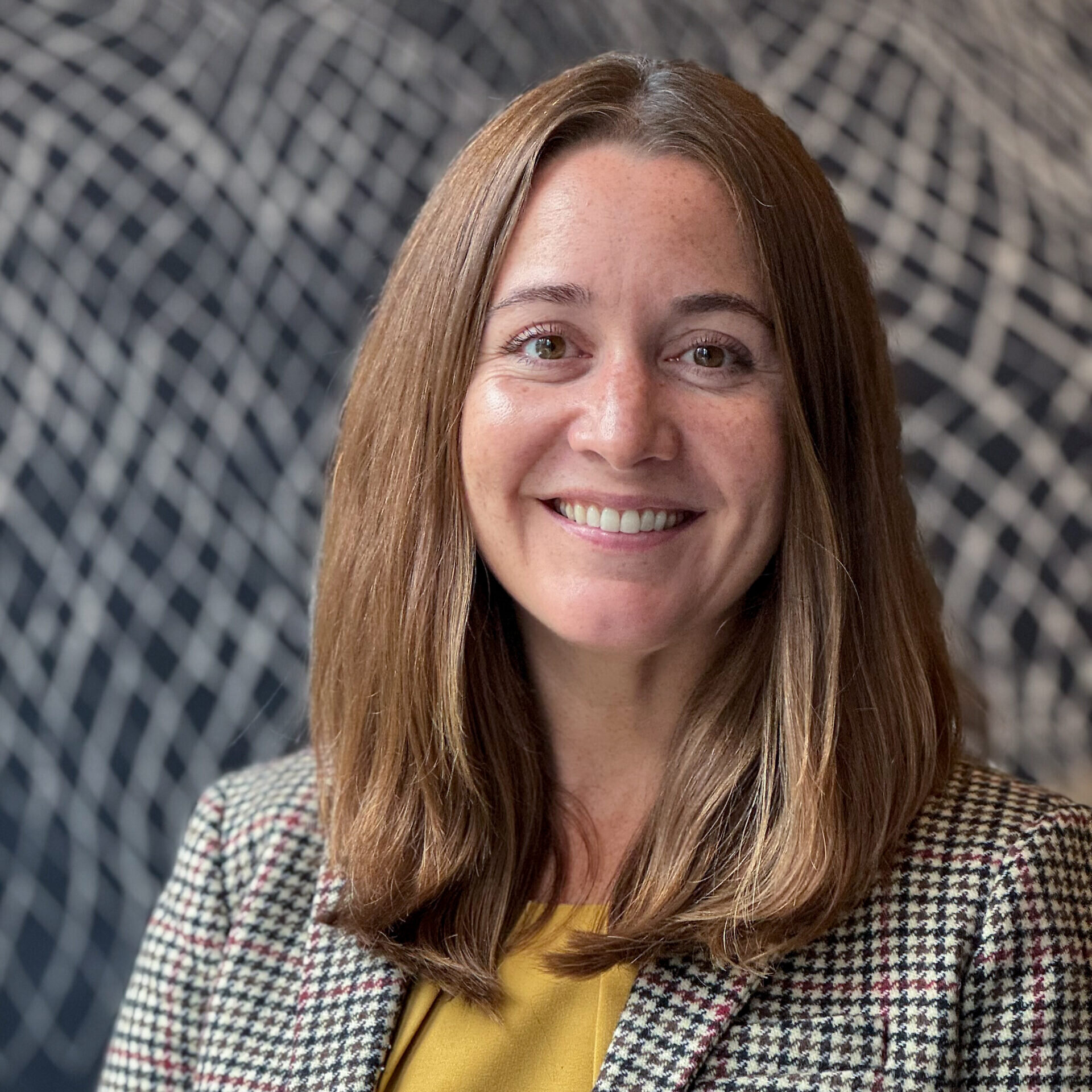
Kate Ahern is the Future Energy Systems Center’s program manager. She manages operations for over 40 decarbonization projects, empowering the Center’s 36 member companies to make informed, strategic decisions regarding their own decarbonization efforts. Previously, Kate worked at Harvard Business School, managing Professor Michael Porter’s Microeconomics of Competitiveness (MOC) Network and disseminating Professor Porter’s Creating Shared Value (CSV) concept through Harvard Business School MBA and Executive Education courses.
She has gained valuable experience working with an environmental consulting firm in D.C. and Cleantech Open Northeast, as well as the Department of Justice and a private law firm in D.C. Kate graduated from American University with a B.A. in Interdisciplinary Studies: Communications, Legal Institutions, Economics, and Government (CLEG) and received her Master’s degree in Sustainability and Environmental Management from the Harvard Extension School.
Morgan Andreae
Executive Director, Future Energy Systems Center, MIT Energy Initiative
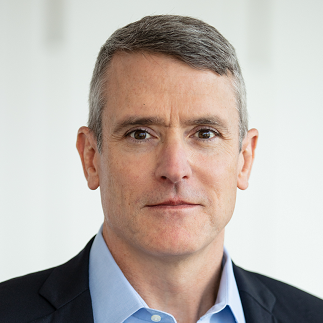
Morgan Andreae is the executive director of MITEI’s Future Energy Systems Center. Prior to joining MITEI, Andreae was the executive director of technology and innovation at Cummins where he led teams in the development of new battery, fuel cell, electrolyzer, and electric traction technologies. Over the course of his career Andreae has held a variety of roles in technology development, strategy, and product development, with a consistent focus on bringing more sustainable technology to market. Andreae holds over 25 patents on diesel, hybrid-electric, and electric powertrain technology. He has a PhD in mechanical engineering from MIT, a Masters and Bachelors in engineering from Dartmouth College, and a Bachelors in history from Haverford College.
Audun Botterud
Principal Research Scientist, MIT Laboratory for Information and Decision Systems
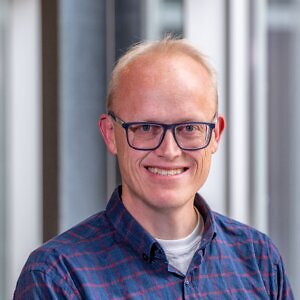
Audun Botterud is a principal research scientist in Laboratory for Information and Decision Systems (LIDS) at MIT, where he leads the Energy Analytics Group. He has a co-appointment in the Energy Systems and Infrastructure Assessment Division at Argonne National Laboratory. His research interests include power systems, electricity markets, renewable energy, and energy storage.
Botterud holds a MSc (Industrial Engineering) and a PhD (Electrical Power Engineering), both from the Norwegian University of Science and Technology. He was previously with SINTEF Energy Research in Trondheim, Norway.
Deepjyoti Deka
Research Scientist, MIT Energy Initiative
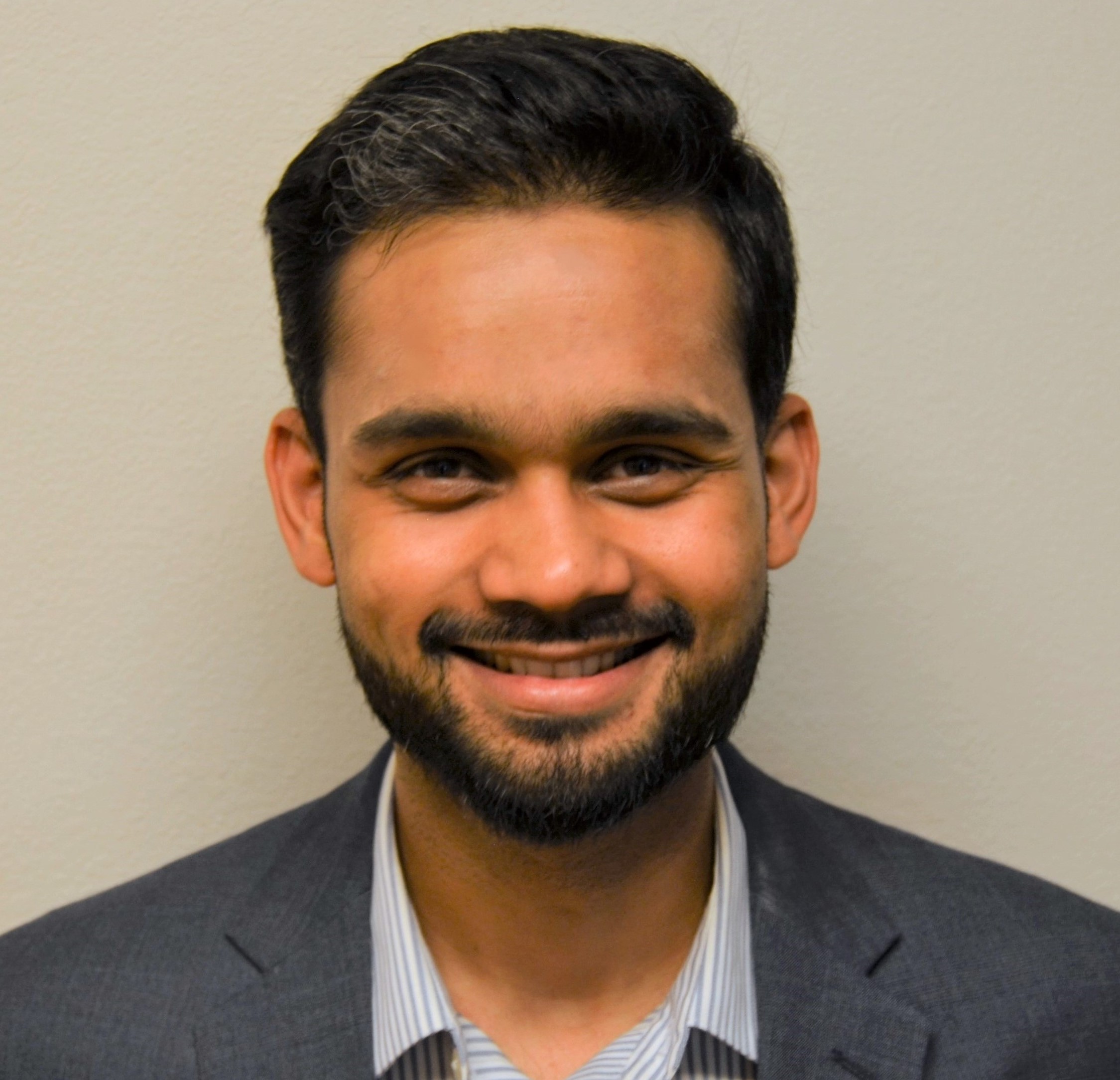
Deep Deka is a research scientist at MIT Energy Initiative. His research interests lie at the intersection of machine learning and optimization for tractable sensing and secure operation in renewable rich power grids. From 2018-2024, he was a staff scientist in the Theoretical Division at Los Alamos National Laboratory and served as a PI/co-PI for DOE and internal projects on machine learning in power systems and optimization of interdependent networks. He received the MS and PhD degrees in electrical and computer engineering (ECE) from the University of Texas, Austin, TX, USA, in 2011 and 2015, respectively. He completed his undergraduate degree in electronics and communication engineering (ECE) from IIT Guwahati, India with an institute silver medal as the best outgoing student of the department in 2009. Deka is a senior member of IEEE and has served as an editor on IEEE Transactions on Smart Grid.
Pablo Duenas-Martinez
Research Scientist, MIT Energy Initiative
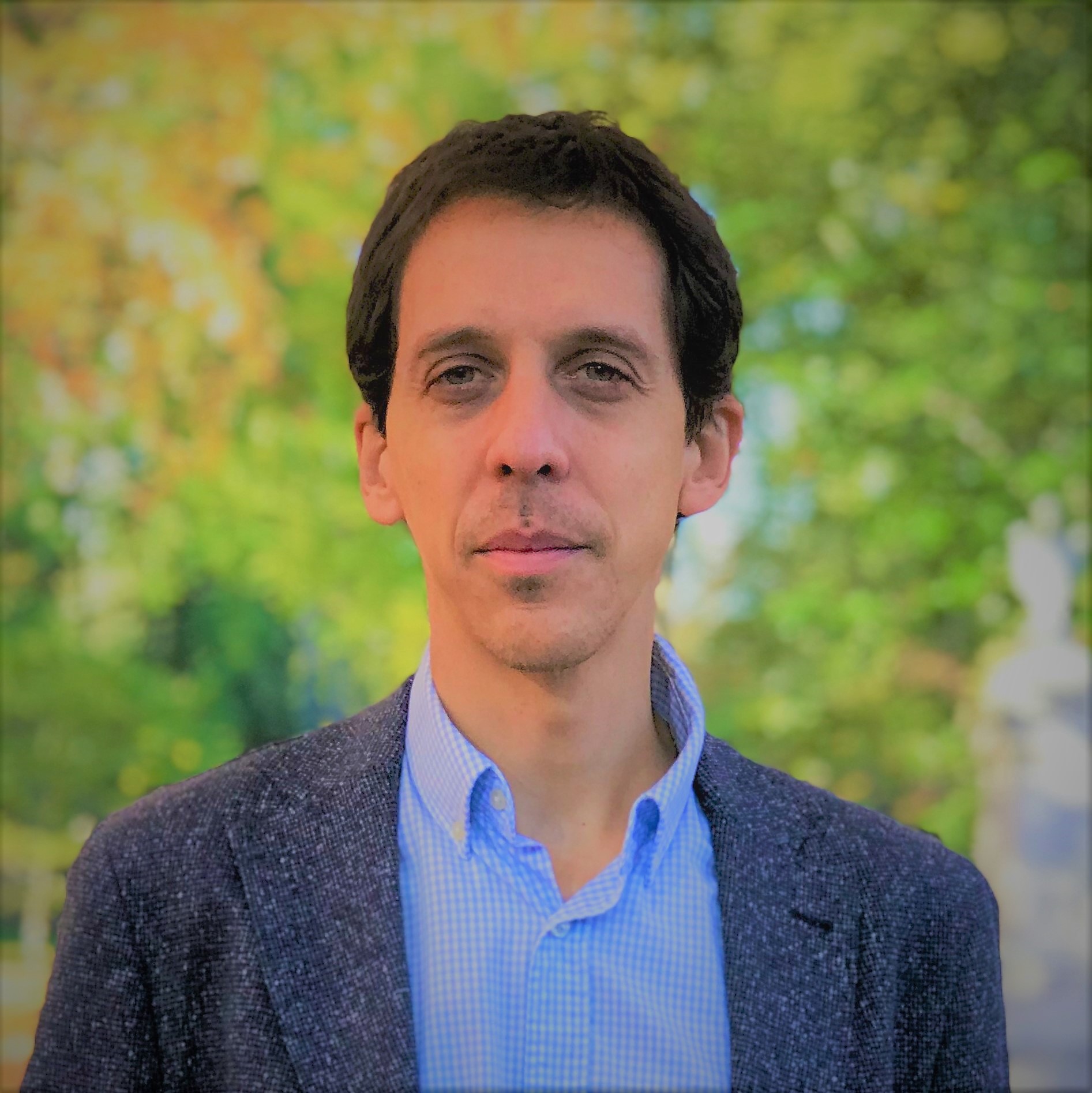
Pablo Duenas-Martinez is a research scientist at the MIT Energy Initiative, research assistant professor at Universidad Pontificia Comillas, and a gas-electricity advisor for the Florence School of Regulation at the European University Institute. His research area embeds the economic and regulatory modeling and analysis, and the role of traditional and new generation technologies in shaping the energy systems of the future, in low- to high-income countries, within a carbon-constrained world. He has published on topics such as liberalization and regulation of gas and electricity markets, energy security of supply and resiliency in decarbonizing economies, impact of distributed energy resources, analysis and regulation for universal energy access, and mathematical modeling of energy systems. During his career, he has worked with energy companies, as well as government and regulatory agencies, on research projects and to provide advice aimed at improving operations and investments in energy systems worldwide. He has participated in research projects funded by major U.S. governmental agencies (NSF and ARPA-E), and in more than 30 research contracts, acting in three of them as principal investigator. He has more than 50 publications as JCR peer-reviewed papers, conference and non-JCR papers, technical reports and studies, and book chapters. He has presented in international conferences, and been invited as an expert to workshops organized by, among others, the Inter-American Development Bank and the International Energy Agency. He obtained his BS in industrial engineering, MS in electric power systems, and PhD in electrical engineering at the Universidad Pontificia Comillas in Madrid, Spain; and received a BS in economics from the National Distance Education University in Madrid, Spain.
Charles Forsberg
Principal Research Scientist, MIT Department of Nuclear Science and Engineering
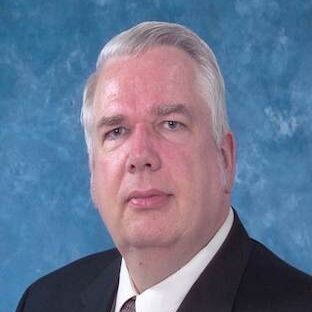
Charles Forsberg is a principal research scientist at MIT. His current research areas include Fluoride-salt-cooled High-Temperature Reactors (FHRs), integrated energy systems including nuclear-assisted cellulosic hydrocarbon biofuels, and 100 GWh heat storage systems. The heat storage systems include using crushed rock and firebrick. Crushed rock heat storage may enable 100+ Gigawatt hour heat storage to couple to nuclear reactors. He is one of the co-inventors of electrically conductive firebrick to enable electrical heating of firebrick to 1800˚C to (1) replace high-temperature heat from natural gas and (2) enable low-cost high-temperature heat storage. This technology is now being commercialized by Electrified Thermal Solutions. He teaches the fuel cycle and energy systems classes. Before joining MIT, he was a corporate fellow at Oak Ridge National Laboratory. Earlier he worked for Bechtel Corporation and Exxon.
He is a fellow of the American Nuclear Society (ANS), a fellow of the American Association for the Advancement of Science, and recipient of the 2005 Robert E. Wilson Award from the American Institute of Chemical Engineers for outstanding chemical engineering contributions to nuclear energy, including his work in waste management, hydrogen production and nuclear-renewable energy futures. He received the American Nuclear Society special award for innovative nuclear reactor design and a former Director of the ANS. Forsberg earned his bachelor’s degree in chemical engineering from the University of Minnesota and his doctorate in Nuclear Engineering from MIT. He has been awarded 13 patents and published over 300 papers.
Kei Honda
Senior Vice President, Head of Corporate Venturing, Idemitsu Americas Holdings Corporation
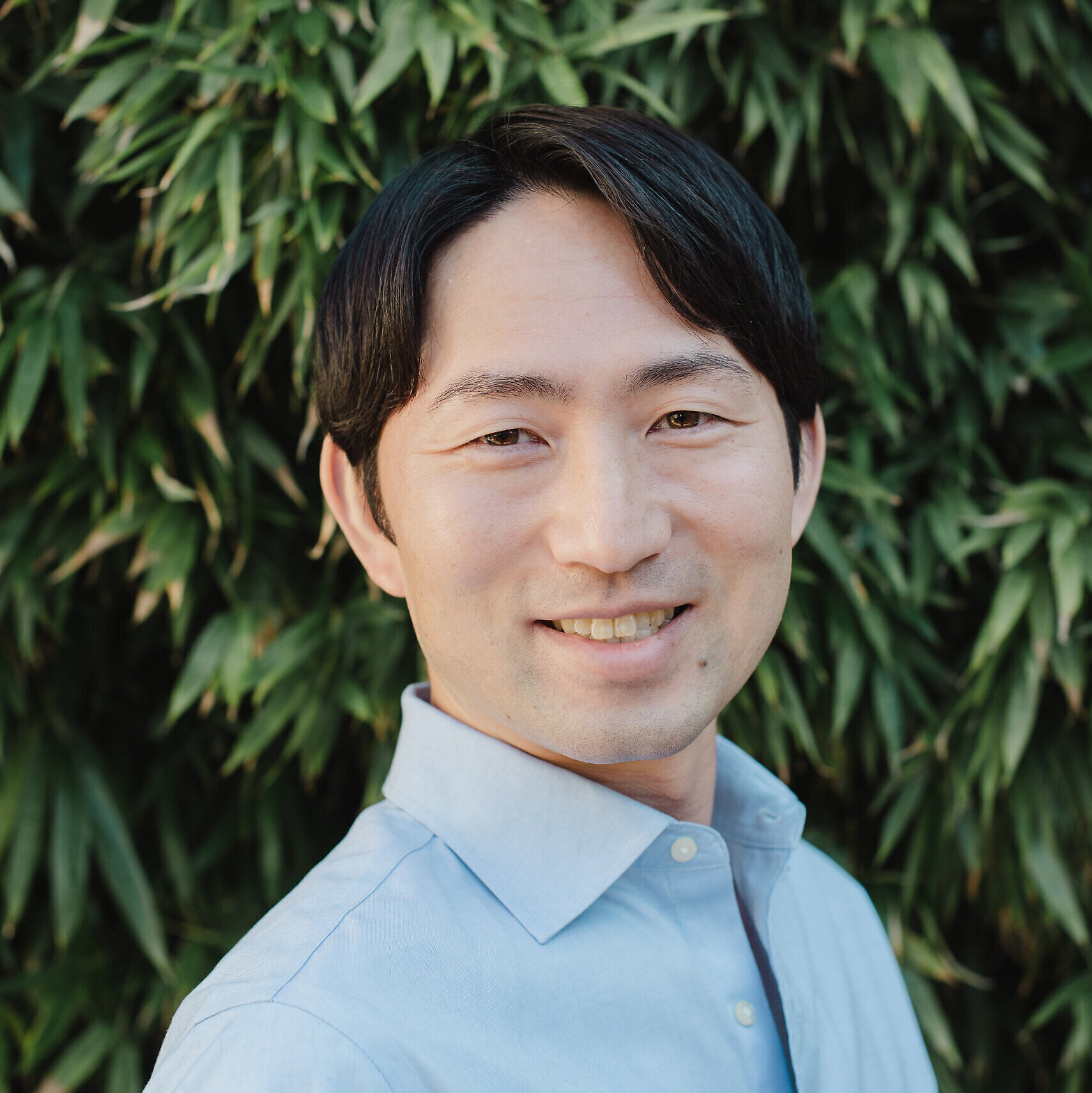
Kei Honda is the senior vice president and the head of Corporate Venturing at Idemitsu Americas Holdings. With his more than 20 years of extensive experiences in energy industry, he leads open innovation and corporate venturing activities for Idemitsu Group focusing on investments and business engagements with startups, investors, and corporates in the United States. The key focus areas are energy transition, circular economy, and carbon offset solutions. He holds a bachelor’s in social relations from Rikkyo University and an MBA from the University of California, Irvine.
Mingda Li
Associate Professor, MIT Department of Nuclear Science and Engineering
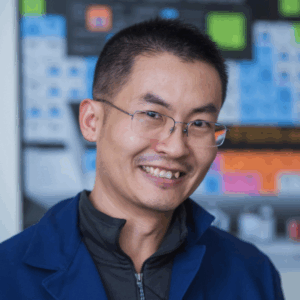
Mingda Li is an associate professor in the Department of Nuclear Science and Engineering at MIT and a researcher. He earned his BS in engineering physics from Tsinghua University in 2009 and his PhD in NSE from MIT in 2015. He conducted postdoctoral research in the MIT Department of Mechanical Engineering. His research focuses on quantum, nuclear, and AI.
Ruaridh Macdonald
Research Scientist, MIT Energy Initiative

Ruaridh Macdonald is the energy systems research lead at the MIT Energy Initiative. His research explores how best to decarbonize the electricity grid and other sectors, and which technologies and policies will reduce the cost of the energy transition while ensuring grid resilience and security. He is developing novel approaches to modelling infrastructure planning which allow for larger multi-sector energy systems to be optimized over long time periods. This allows for technologies to be modelled with greater fidelity and considering interannual variation in energy supply and demand. Macdonald is a co-lead developer of the GenX, DOLPHYN, and Macro infrastructure planning models. He completed his PhD in nuclear science and engineering at MIT.
Jennifer Morris
Principal Research Scientist, MIT Center for Sustainability Science and Strategy and MIT Energy Initiative
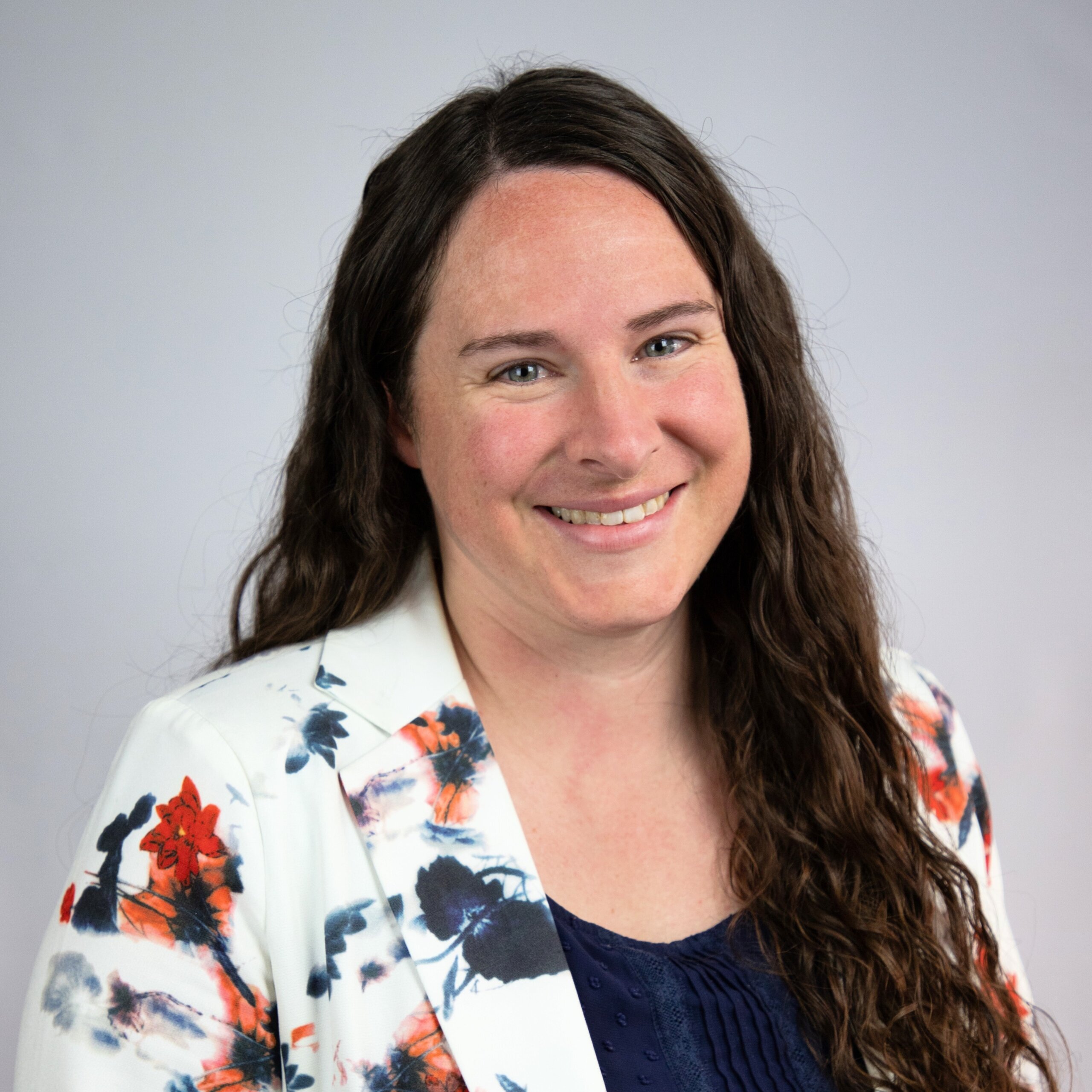
Jennifer Morris is a principal research scientist at the MIT Center for Sustainability Science and Strategy and the MIT Energy Initiative. Her research focuses on energy-economic modeling and linkages between human and natural systems to explore multi-sector feedbacks and implications of different development, decarbonization and investment pathways. She also focuses on uncertainty, risk analysis, and decision-making in energy and environmental systems. This work involves quantifying key uncertainties (e.g. population growth, technology costs, resource availability, etc.), and applying different methodological approaches to models to formally represent such uncertainties and explore how they impact near-term decisions. Morris is a key contributor to the development of the MIT Integrated Global System Modeling (IGSM) framework, focusing on the human system component, the Economic Projection and Policy Analysis (EPPA) model. With this modeling framework, she develops integrated economic and climate scenarios, generates large ensembles, analyzes policy impacts, explores technology and mitigation pathways, and examines multi-sector dynamics. Morris holds a PhD in engineering systems and a MS in technology and policy from MIT.
Emi Ohno
Associate Director, Deputy General Manager, Corporate Research & Development Division, IHI Corporation
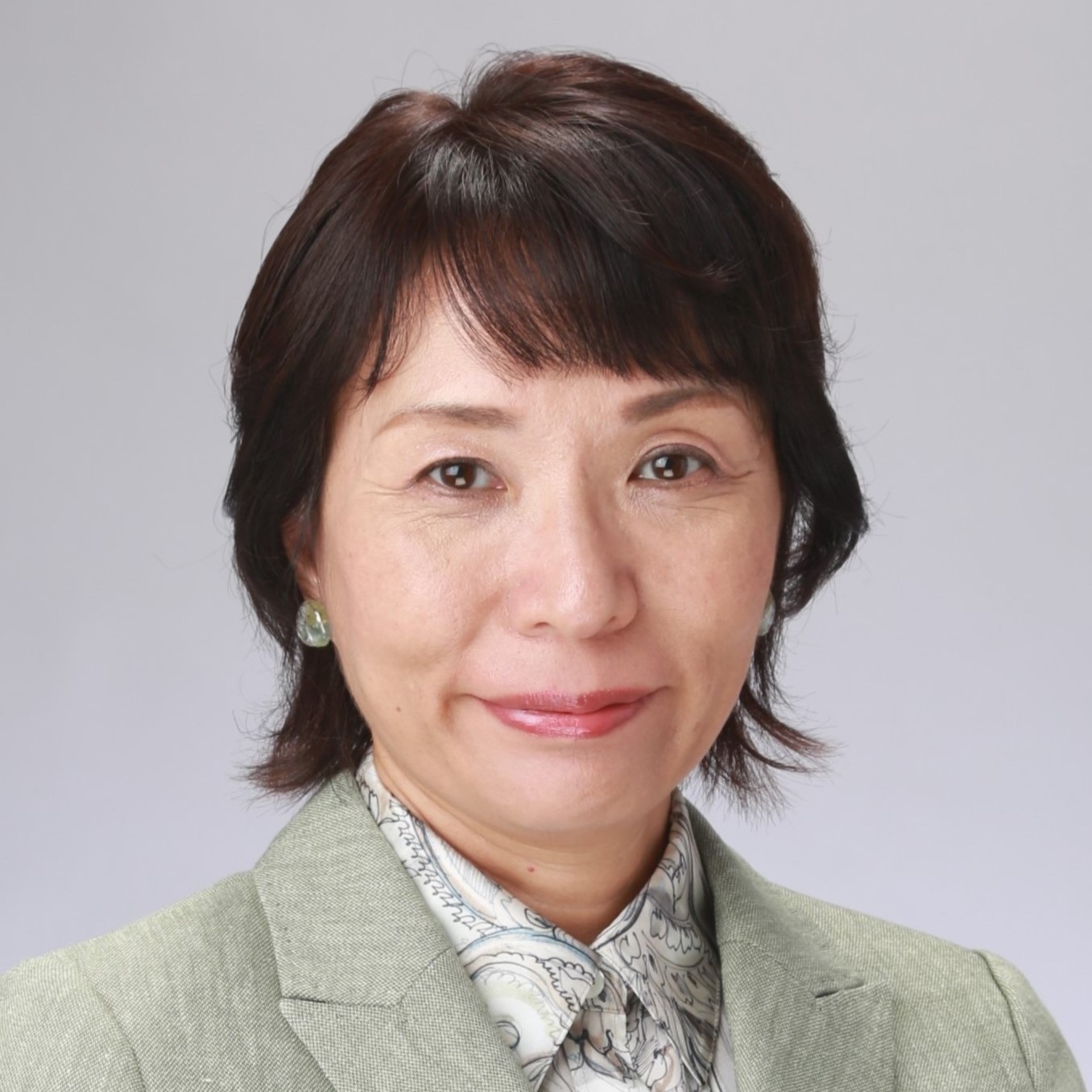
With over 25 years at IHI, Emi Ohno has developed strong expertise in combustion engineering and has been leading the decarbonization of the energy sector. Her career has been defined by research and development efforts aimed at reducing carbon emissions and transitioning to cleaner energy sources.
She was the first in Japan to introduce the technology for co-firing woody biomass with coal, significantly reducing CO2 emissions. Furthermore, she contributed to converting a majority of the fuel in coal-fired power plants to woody biomass, further advancing decarbonization efforts. More recently, she has pioneered technologies for co-firing ammonia with coal at power plants. This groundbreaking work has laid the foundation for the current use of fuel ammonia in the industry.
In the past two years, she has expanded her leadership internationally as the managing director of IHI Power Systems Malaysia. In this role, she has overseen maintenance services for regional power providers, managed cross-cultural teams, and ensured high standards of operational efficiency and safety. She is recognized as a Fellow of the Japan Society of Mechanical Engineers.
John Parsons
Deputy Director for Research, MIT Center for Energy and Environmental Policy Research
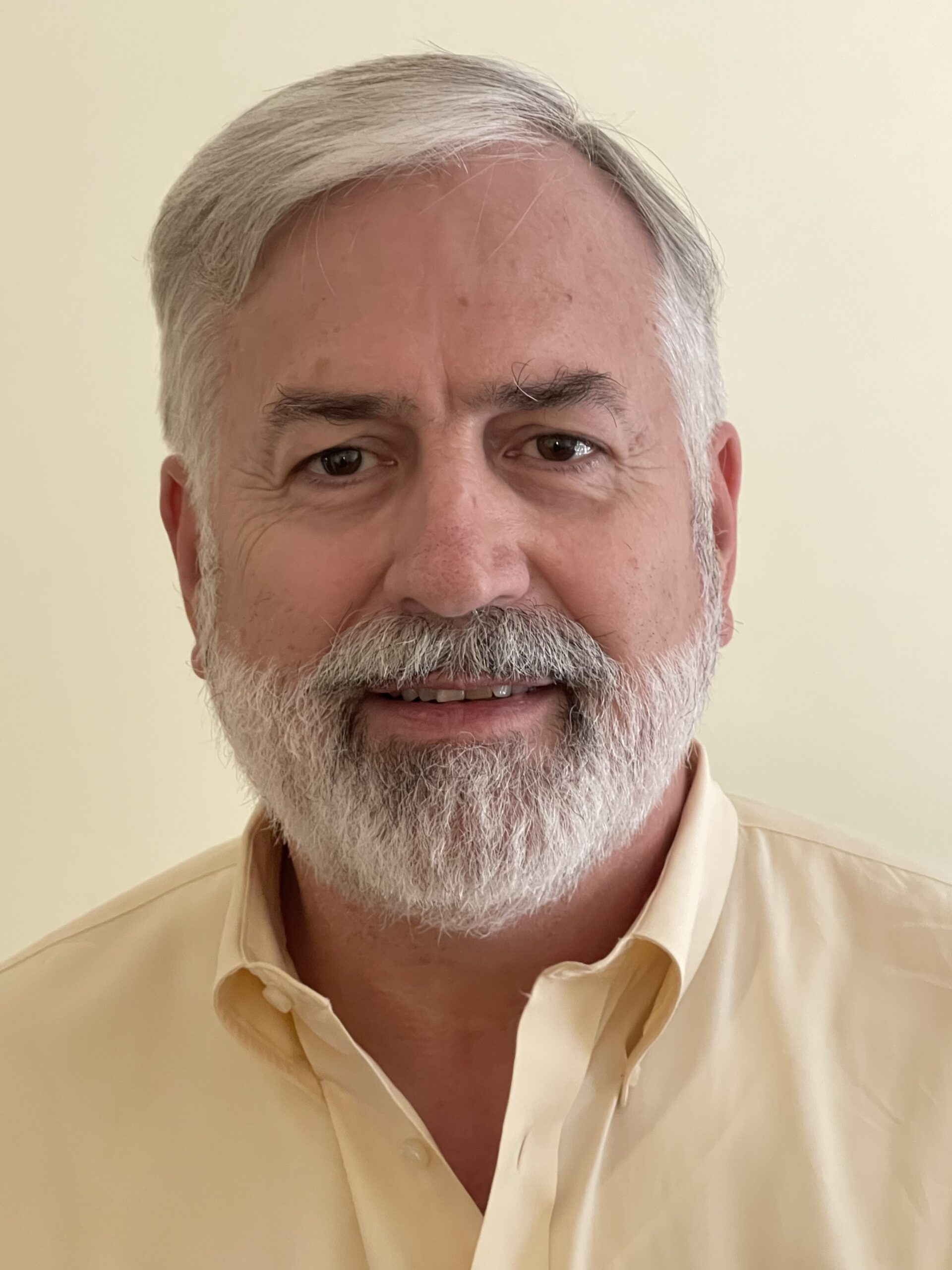
John Parsons is the deputy director for research of the MIT Center for Energy and Environmental Policy Research (CEEPR). His research focuses on the valuation and financing of investments in energy markets, as well as the problems of risk in energy and environment markets. Recent publications have touched on interregional transmission investments, including the interaction with hydro assets and expanded penetration of renewables, the value of investments in life extensions of nuclear power plants, the economics of new microreactors, and the impact of decarbonization on generation assets in the U.S. midcontinent.
Parsons has served as an associate member of the U.S. Commodity Futures Trading Commission’s Energy and Environmental Markets Advisory Committee and has been a visiting scholar at the Federal Energy Regulatory Commission. Parsons served as the executive director at both CEEPR and the MIT Joint Program on the Science and Policy of Global Change, and also as head of Sloan’s MBA Finance Track. Before returning to MIT, Parsons spent ten years as a business consultant at Charles River Associates. He holds a PhD in economics from Northwestern University and an AB from Princeton University.
Prakash Rao Sanasaya
Head of Integrated Strategy, Gentari, Petronas
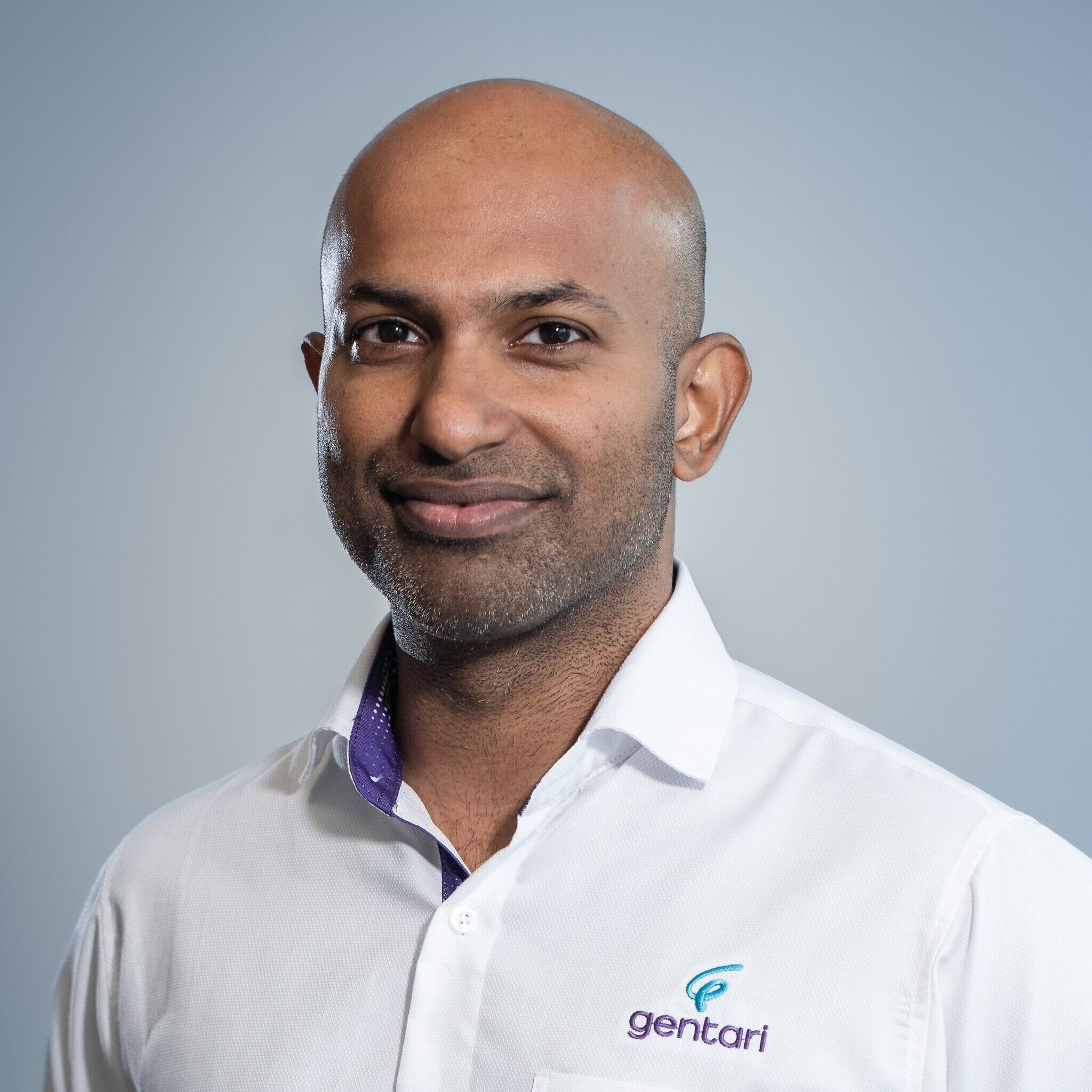
Prakash Rao Sanasaya is the head of integrated strategy at Gentari. He plays a key role in shaping the company’s ambitions to develop and deliver sustainable energy solutions.
He has been instrumental in establishing Gentari, setting its strategic goals, and expanding its business in across 6 countries in Asia Pacific. His work includes supporting policy enhancement and infrastructure development to advance Malaysia’s transition towards net-zero carbon emissions.
Sanasaya’s global experience spans projects in India, Australia, Taiwan, the UAE, Iraq, and Malaysia. He holds a BEng in chemical engineering from Universiti Teknologi PETRONAS, Malaysia, and an MBA from IESE Business School, Barcelona. He is a member of the Board of Engineers Malaysia and the Society of Petroleum Engineers.
Afreen Siddiqi
Research Scientist, MIT Department of Aeronautics and Astronautics
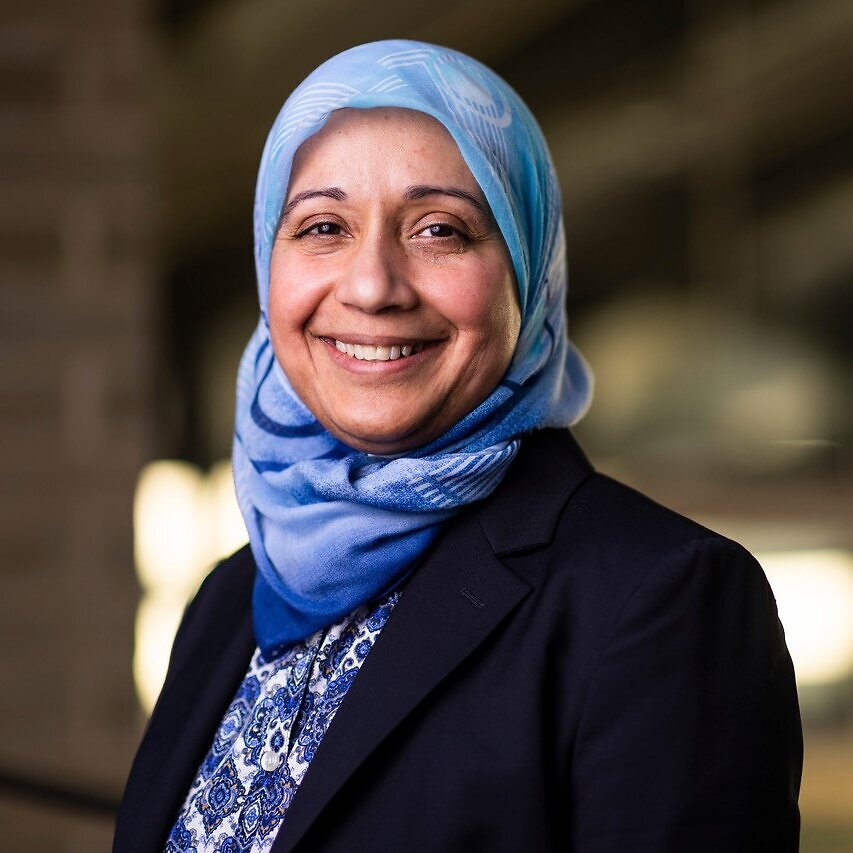
Afreen Siddiqi is a research scientist in the Department of Aeronautics and Astronautics at the Massachusetts Institute of Technology (MIT). She has an SB in mechanical engineering, an SM in aeronautics and astronautics, and a PhD in aerospace systems, all from MIT.
Her expertise is in mathematical modeling, simulation, and optimization for design and analysis of complex adaptive systems. Her work has included modeling of energy, water, and agriculture systems, waste-to-energy systems, satellite remote sensing for environmental monitoring, and infrastructure project portfolio optimization. She has co-authored a book and over 120 technical and scientific publications. She has also served as a contributing author to the sixth assessment report of 2022 of the Intergovernmental Panel on Climate Change (IPCC) on implications of water, energy, and food interconnections for climate change adaptation, and has contributed research for the United Nations Committee of Experts on Public Administration (UN-CEPA) on Climate Change Action and Sustainability of Natural Resources.
Naoki Tsutsumi
Chief Strategy Officer, JERA Americas
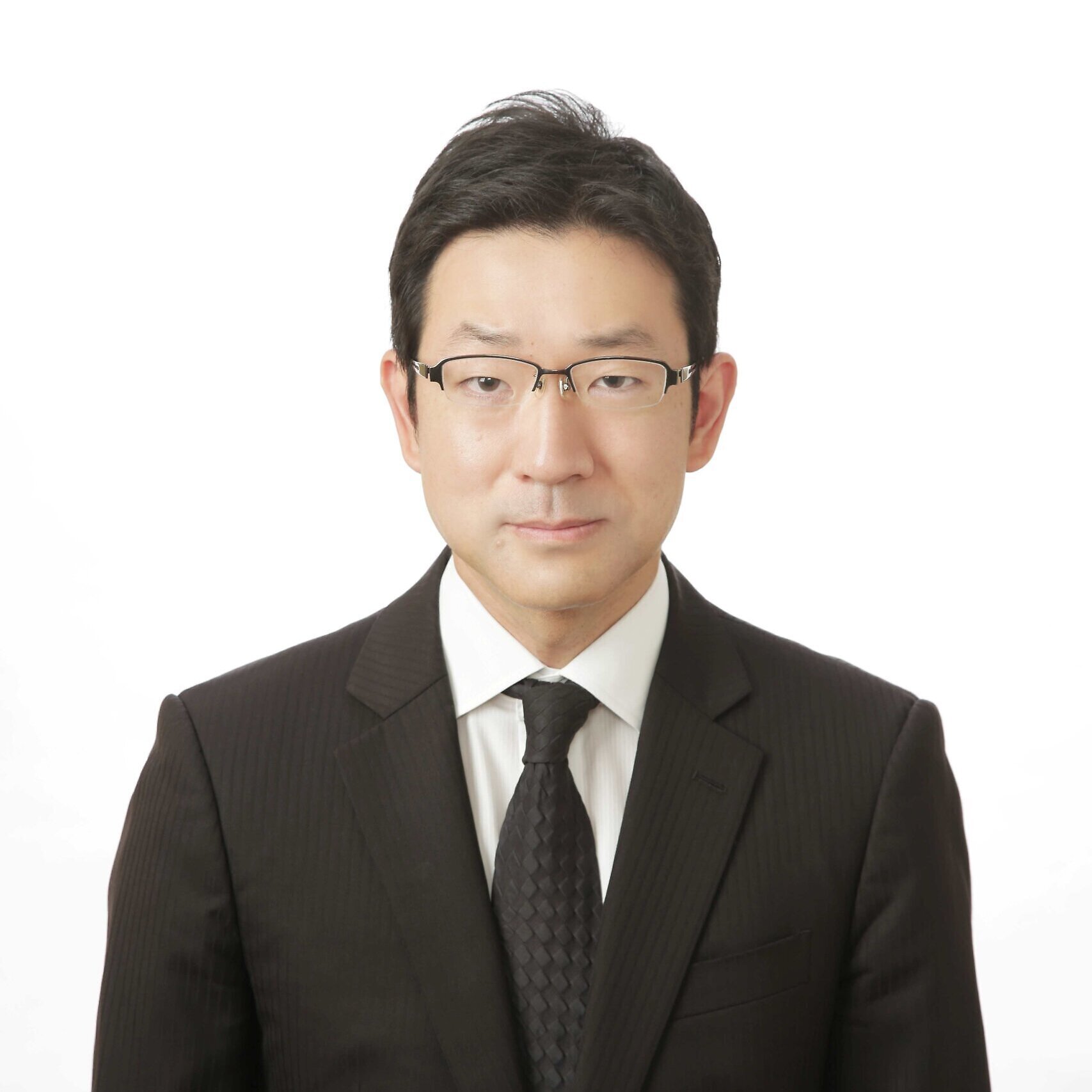
Naoki Tsutsumi joined JERA Americas in 2024 as Chief Strategy Officer and is responsible for driving the company’s strategic initiatives, focusing on transforming the energy sector.
Throughout his career, Tsutsumi has been at the forefront of the power and energy industries. His strategic leadership and in-depth knowledge of corporate governance, energy business, and engineering have positioned him to play a significant role in shaping the future of the energy industry.
Since 2018, Tsutsumi has held various positions with JERA Co., Inc. most serving as head of the Hydrogen & Ammonia Upstream Business Group in the Low Carbon Fuel Value Chain Division. Prior to that role, he led JERA’s overseas power and energy infrastructure business successfully managing large-scale energy infrastructure projects. Before joining JERA, he spent 22 years with Tokyo Electric Power Co., Inc., focusing primarily on overseas Independent Power Producer business development.
Tsutsumi holds both a Bachelor of engineering and a Master of engineering in civil engineering from Kyoto University.
Anthony Wong
Postdoctoral Associate, MIT Center for Sustainability Science and Strategy
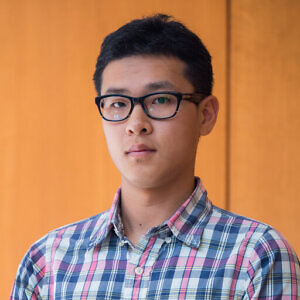
Anthony Wong is a computational atmospheric chemist and Earth system scientist, working as a postdoctoral associate at MIT Center for Sustainability Science and Strategy. His research revolves around integrating his expertise in atmospheric chemistry, ecology and statistical/numerical computing to study the broader impacts (e.g. air quality, climate, ecosystem and human health) of sustainability policies and practices. He has dedicated considerable time understanding the atmospheric chemistry, and therefore environmental and climate impacts of alternative fuels (e.g. ammonia, hydrogen).